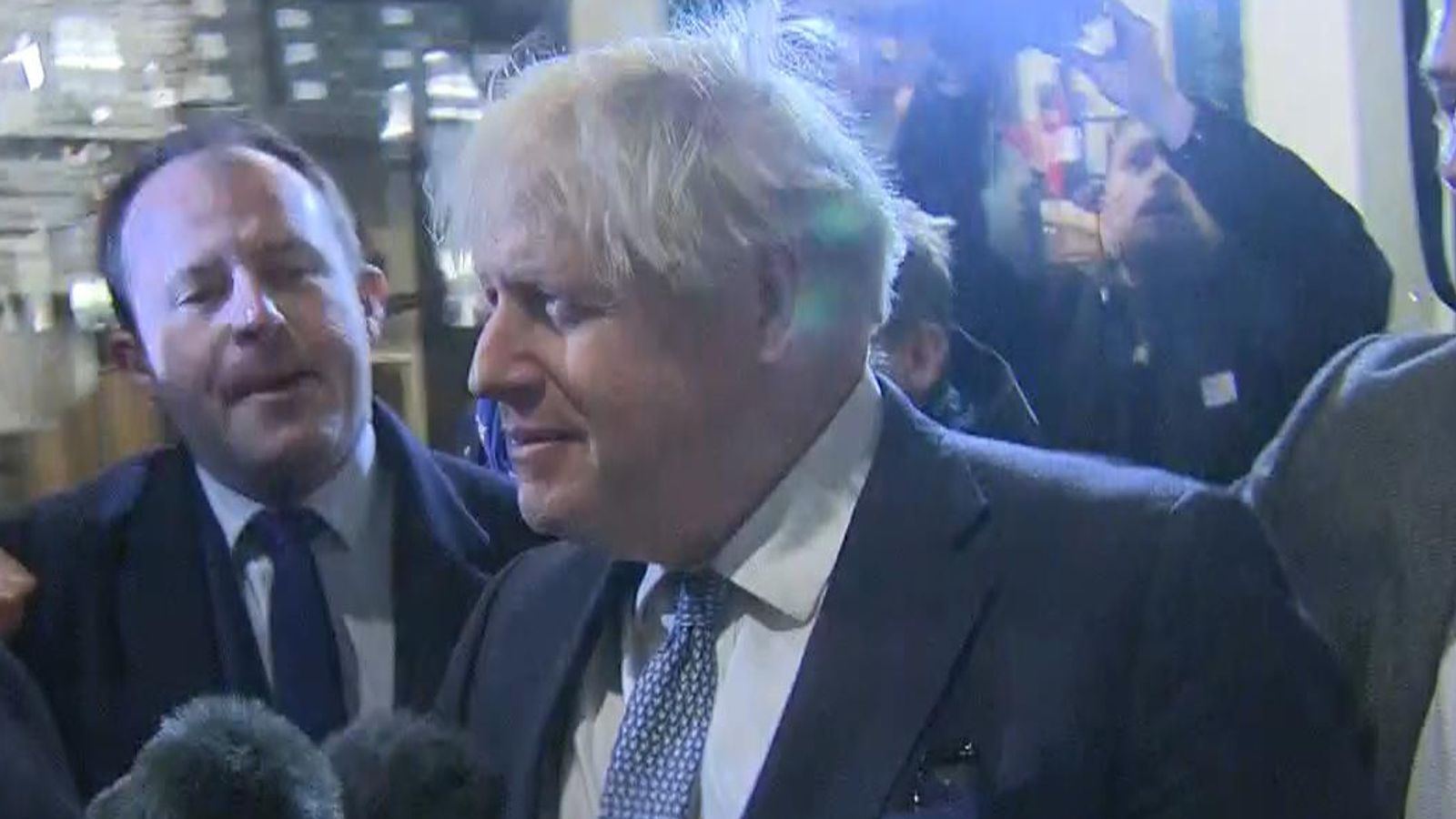Unions are adding their voices to the call for a start date to be set for an inquiry into COVID-19.
The TUC say a public consultation should also contribute to what an inquiry will cover, as workers and the families of those who caught the virus at work will be key to what went wrong.
As long ago as last July, Boris Johnson promised to set up an independent inquiry into the government’s handling of the coronavirus pandemic, but he has so far failed to set a date, saying now is not the time.
The call to confirm the start date was made as workers around the world took part in International Workers’ Memorial Day on Wednesday, in memory of those who have been killed or hurt while at work.
The TUC and the Royal College of Nursing (RCN), will be asking the public to take part in a minute’s silence at 12 noon, in memory of those who have died.
The TUC said a public inquiry must examine issues including the degree to which workers were protected from infection, the amount of financial support offered to people who needed to self-isolate, the availability of PPE for health and care staff throughout the crisis and whether workplace safety laws were enforced.
General Secretary Frances O’Grady said: “We owe it to them, and to their families, to get on with the public inquiry. The prime minister must announce a date when it will start.
“Any public inquiry must look at why workers were put at risk. This isn’t about settling scores. It’s about getting answers and learning the lessons to save lives in future.”
The general secretary of one of the unions supporting the call, Christina McAnea of Unison, added: “The government owes answers to… families and the public in general.
“Only an independent judge-led public inquiry is good enough – and as soon as possible.”
They join calls from numerous other people and groups, who want to find out why so many died or were left worse off as the country attempted to fight off the mass outbreak.
Among them are campaign group COVID-19 Bereaved Families for Justice, which organised the memorial wall opposite the Houses of Parliament, which features a heart for every person who died.
Earlier this month, they were told in a six-page letter from the Government Legal Department an inquiry “now is not appropriate” and people who would need to give evidence are “working round the clock” to keep society safe.
The letter, sent on 1 April, said the government’s response is at a “critical phase” and all efforts are focused on this “monumental challenge”.
Jo Goodman, co-founder of Covid-19 Bereaved Families for Justice, repeated her earlier call, saying: “An independent, judge-led statutory public inquiry is vital to making sure we learn lessons and save lives during the pandemic and for any future waves.
“The stories of our loved ones hold the answers to preventing more grief for other families.”
Various MPs have also issued calls, along with a coroner who conducted the inquest into the death of a 28-year-old nurse who died with COVID-19.
Other ministers have indicated the government is planning an inquiry, despite a lack of a start date or agreed terms of reference.
The Welsh Secretary Simon Hart said in March a public inquiry into the government’s handling of the COVID-19 pandemic should look at the role of the devolved administrations.
Sky’s Sam Coates says that although Mr Johnson has promised some form of inquiry, there are hints that when it takes place it might not be as revealing as some of the great inquiries of the last two decades.
In his previous writings, Mr Johnson has suggested he has little faith in judge-led inquiries.


